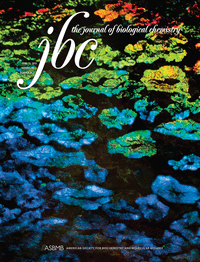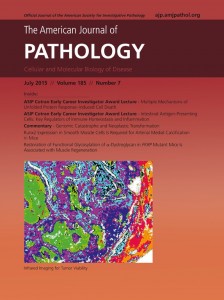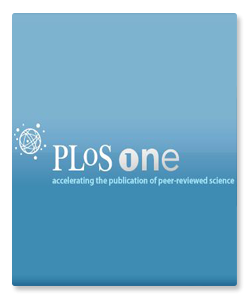 A graduate student at the University of Oregon in Eugene has admitted to faking data that appeared in four published papers in the field of visual working memory, according to the Office of Research Integrity.
A graduate student at the University of Oregon in Eugene has admitted to faking data that appeared in four published papers in the field of visual working memory, according to the Office of Research Integrity.
David Anderson’s supervisor at the time was Edward Awh, who has since moved to the University of Chicago.
Anderson told Retraction Watch that the misconduct stemmed from “an error in judgment”:
Continue reading Oregon grad student admits to faking data in four neuroscience papers







